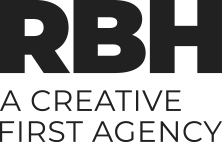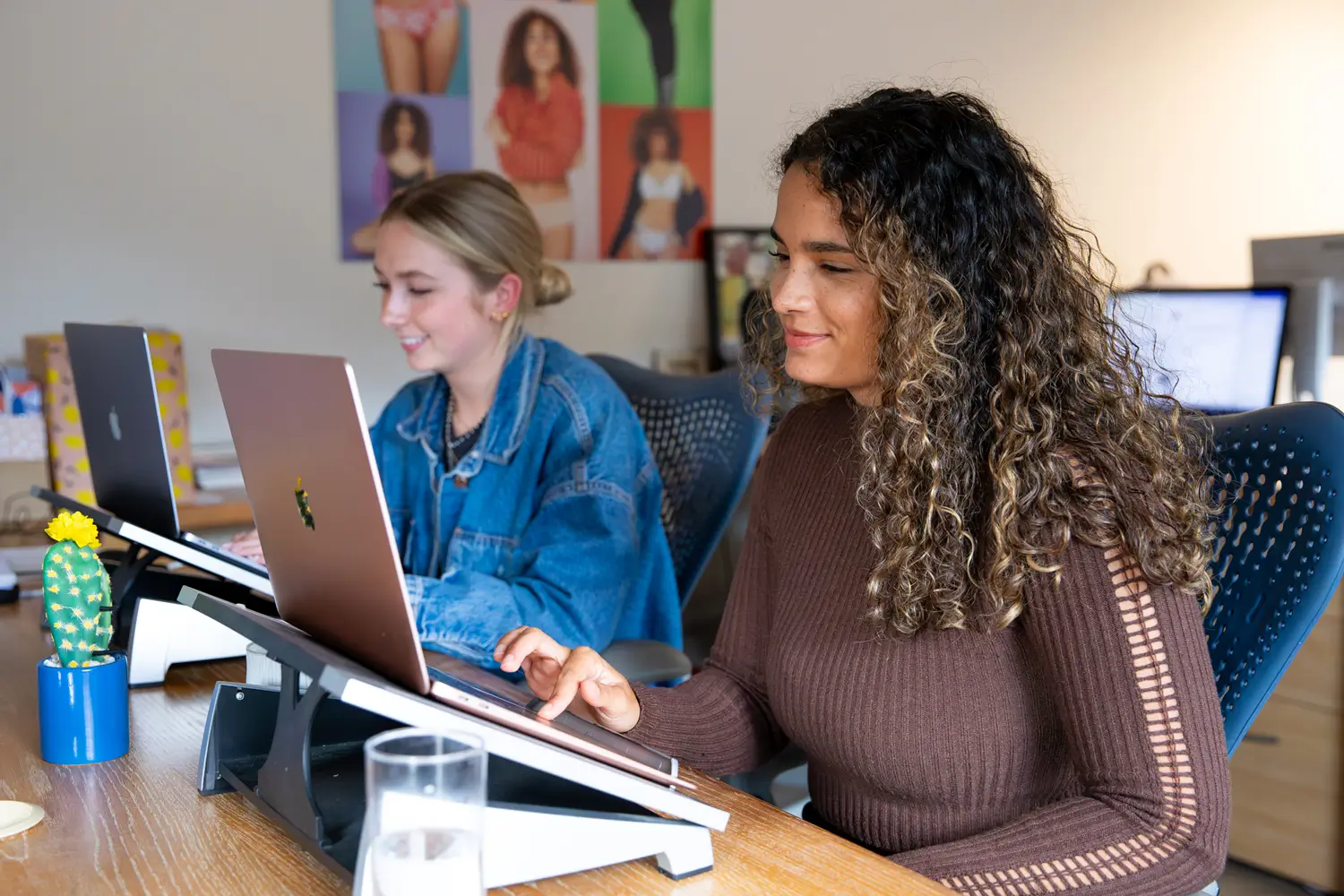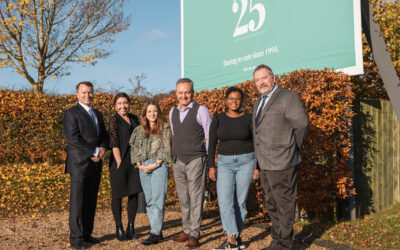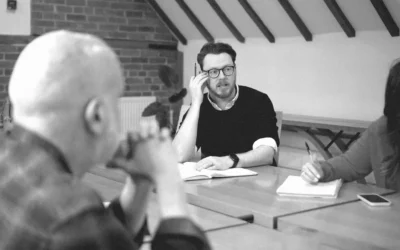We will be welcoming some new faces to RBH in the next few weeks. For two of them, this hasn’t been your run-of-the-mill recruitment process as we’re working with Aspire4U and doing it through the government’s new Kickstart Scheme, which is designed to provide funding to create six-month placements for out-of-work 16-24-year-olds who are at risk of long-term unemployment.
Because talent really can come from anywhere. It just needs nurturing.
This is something I take a personal interest in – as a working-class, black, mother-of-two – without a degree. I’m also an Agency Partner at RBH, one of the region’s largest and most successful creative communications agencies. On paper some would say the two wouldn’t necessarily stack up, but the fact that they have in my case goes to show that the school of ‘agency life’ can be as effective as the more traditional education routes often considered essential to get your foot through the door.
I’ve worked in the creative industries from the age of 17, after I was drawn away from my intended path to university and a journalism degree by the chance opportunity (I say chance, but this was the pay-off after 18 months of voluntary placements) of a role at an established, now defunct, Midlands agency.
The position landed me in the heart of the agency from the get-go. This allowed me to get my head into multiple client sectors and wear many, many hats: strategic planning, brand positioning, market research, managing client briefs, writing internal briefs, pulling together classified ad copy, endless proofing, overseeing print production, despatching ads, prepping pitch presentations, more proofing, delivering contact reports, taking press cuttings, collating and sorting DM packs, hand-delivering campaign collateral… did I mention the proofing? I must confess, I rarely made tea. It’s still a moot point with colleagues.
At the places I’ve worked, I’ve been allowed to bring in the perspective and experience of a ‘minority’ audience. To challenge the narrative and to add to the diversity of the storytelling. The buzz of telling an authentic brand story that really resonates with an audience still gets me now and is proof positive that the investment in entry-level recruits can be of benefit to both sides.
My personal journey hasn’t been without its challenges though. There is still a stigma attached to being degreeless. But my story is testament to being able to break into an industry with tenacity, enthusiasm, drive and a keenness to understand the creative process and audiences, not just with what qualifications you may have.
And now, the elephant in the room.
In our industry, people of ‘BAME’ backgrounds are a rarity – particularly outside of London. This was the case 20-plus years ago when I started out and continues to be the case now. So many people shared those empty black squares back in June outraged by the treatment of George Floyd, or more recently felt twitchy about Meghan’s revelations about The Firm and the very noticeable increase in chatter about police brutality at protests. But what beyond that for BIOPIC voices?
Over the years, I have witnessed people’s first impressions of me change during meetings, pitches, presentations and interviews where I was assumed to be a junior, a supporting team member – definitely not a leader. I have experienced people (who shall remain nameless) gravitate towards the older, whiter, male members of the team. I have been subjected to micro-aggressions, shrugged off as I maintain the stance of a strong, black working-class woman who can’t be chipped away. A whole heap of experience has led me to believe that more diversity is the only solution – it’s the lack of it that is a problem. My negative experiences will continue to be endured by the next generation unless real change and understanding is embraced.
We want RBH to continue to have the eclectic mix of people breathing life into our work, making it impactful, authentic and truly resonate with audiences. This isn’t about being woke. It’s not about making people twitchy and uncomfortable. It’s about promoting meaningful change and creating opportunity for those who will struggle even more in the shadow of Covid.
A recent Campaign article on ‘Gen Covid’ (Nov 10, 2020) highlighted the ‘direct and brutal impact on the opportunities available for placements and entry-level jobs’. Indeed, 75% of Campaign’s Faces to Watch said that they are ‘very worried’ about Covid’s impact on the careers of future generations. And closer to home, unemployment levels in Birmingham are the highest the city has known since 1987, with 33,000 people losing their jobs since February last year and increasing levels claiming universal credit (Independent, Mar 21st 2021).
2020 was a weird year. But also, a landmark one in many ways. The heralding of the Black Lives Matter movement and the strangeness brought about by Covid is set to continue and shape this year as we reach the end of lockdown 3.0, which means people keen to break into the industry need to be more adaptable, tenacious, hardworking and open to compromise than ever.
As we see it, though, there isn’t a better time for us to offer hope and opportunity to the next generation of creatives. An agency is only ever as good as its people. And people – and their diversity – have always been the bedrock of our agency. It’s a privilege to work for a company where I’ve never had to be a tempered version of myself. Where my development hasn’t been hampered and where we set an agenda for change – company-wide and not merely for HR policy.
And what will our new recruits be like? Will they find their home in the creative industries, just like I did? Or will we help set them on a path in a completely different direction? If you are as curious as I am, check back in with us to see how they’re progressing!





